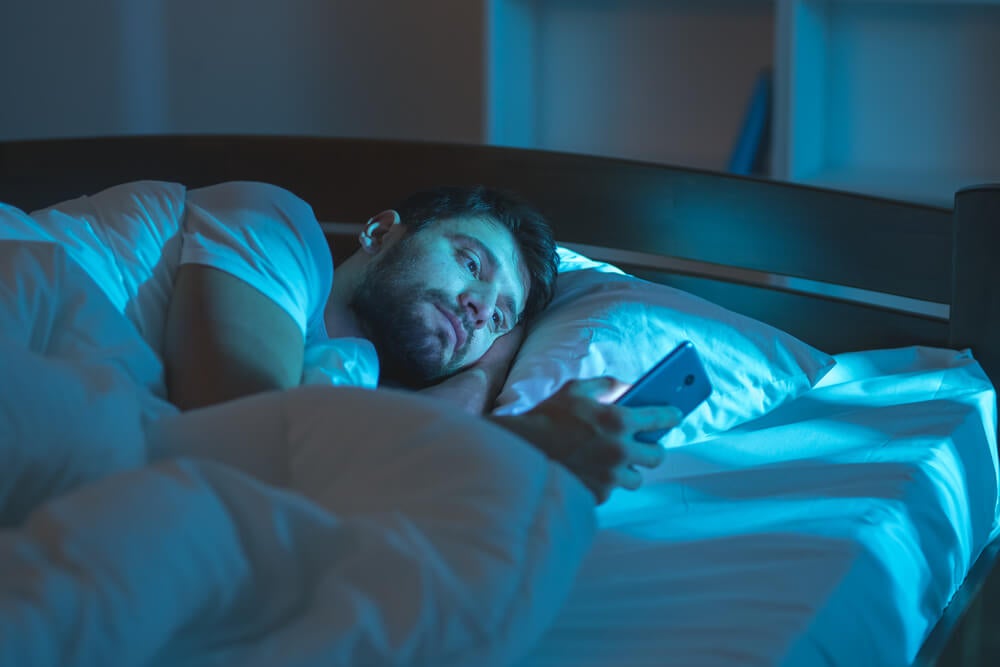Recently, some studies have emerged linking the use of electronic devices to sleep disorders, found a relationship between the two factors, it has essentially been established that electronic devices are potentially harmful to normal sleep rhythms and can significantly alter sleep quality.
This is a concern given that many people today use their mobile phones, laptops and similar devices frequently and prolongedly, and more and more people can only sleep with the phone on the bedside table, and many take the phone to bed to keep working. .
- There is evidence that all these behaviors can be problematic.
- There is a link between electronic devices and sleep disorders.
- The National Dream Foundation at the University of California has concluded that devices of this type lead to shorter.
- Lower-quality sleep.
“Sleep is the only effective remedy. ” -S-funcles-
Circadian rhythms are all the processes of change that occur in living things in less than 24 hours, are cycles that always follow the same order and develop in stages, among many other aspects, these rhythms regulate sleep cycles, are equivalent to what is commonly known as “biological clock”.
Research from the University of Connecticut published in the Royal Society’s Philosophical Transactions journal has highlighted that artificial light has the potential to alter circadian rhythms, in particular this can affect the sleep cycle.
The study established a direct relationship between electronic devices and sleep disorders, which work with artificial light and sleep is highly conditioned by circadian rhythms.
These, in particular, make the body more active when there is light and more passive when darkness reigns.
Circadian cycles are largely determined by specialized cells in the retina, when the screens of electronic devices are turned on a distortion occurs, so although it is dark, the body activates daytime functions, when they would have to be disabled to promote sleep.
The University of California has reached conclusions similar to those explained in the previous point; in fact, they went further, indicating that blue light screens on computers and phones reduce the production of melatonin, a hormone that affects sleep quality. When at low levels, it makes sleep difficult and decreases its duration.
Another important point is that the bad habit of having the cell phone or laptop by our side, even when we go to bed, prevents the reduction of neural activity, these devices keep us alert, and what we need before bed is the exact opposite: relax.
Worse, while we sleep, someone may be sending us messages or alerts by mobile phone, the one that is very conditioned to use it wakes up quickly to observe what it is, in fact, even when the phone does not ring, there is a subjective tension about the possibility of it sounding. That won’t let us sleep well.
The psychiatrist and psychoanalyst David Dorenbaum says that the pairing of electronic devices and sleep disorders also has other consequences, since he ensures that the intensive use of these devices makes it difficult to memorize dreams, there is a kind of analogy between the world we see in through the screen and images of dreams.
In fact, a study of 1,000 Australian students age 13 to 16 found that electronic devices were associated with poor sleep quality, which would have adverse effects on mental health. The young people in the sample showed more signs of depression.
Electronic devices are not the problem. The real difficulty lies in their misuse, because when they are well managed, technological devices make our lives easier and simplify other functions; however, when misused, they make humans vulnerable and dependent on their availability.

